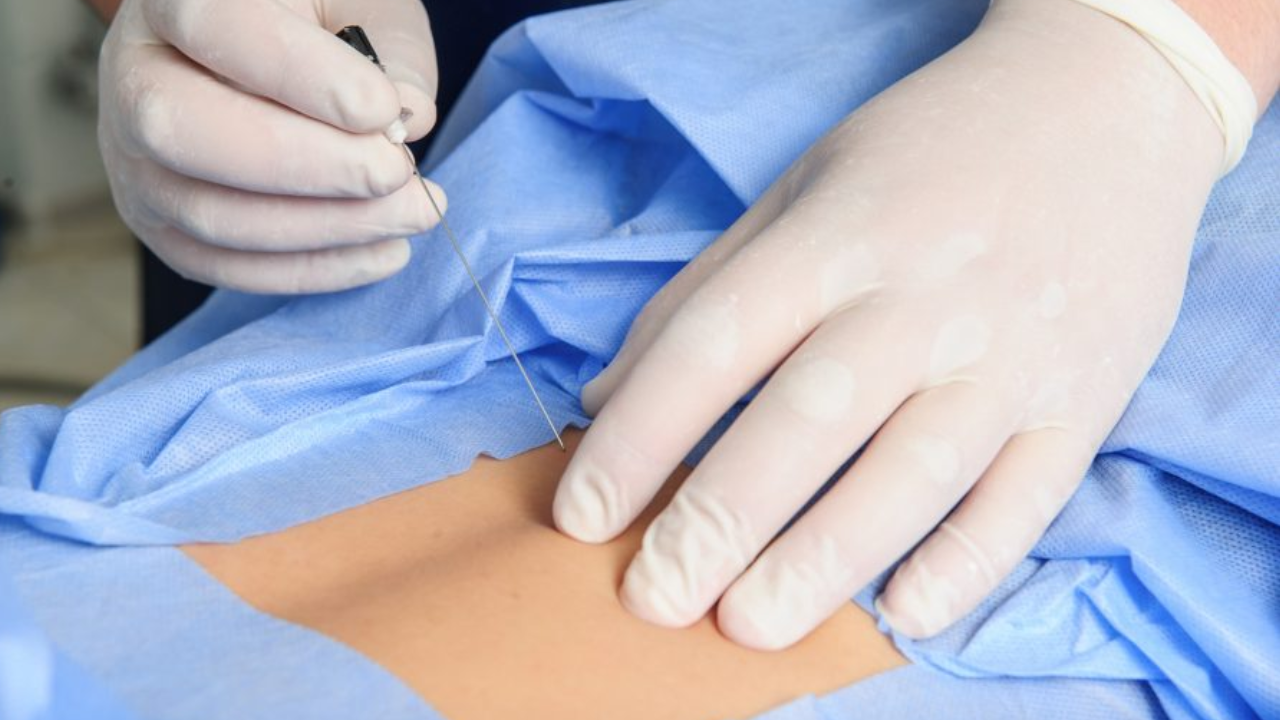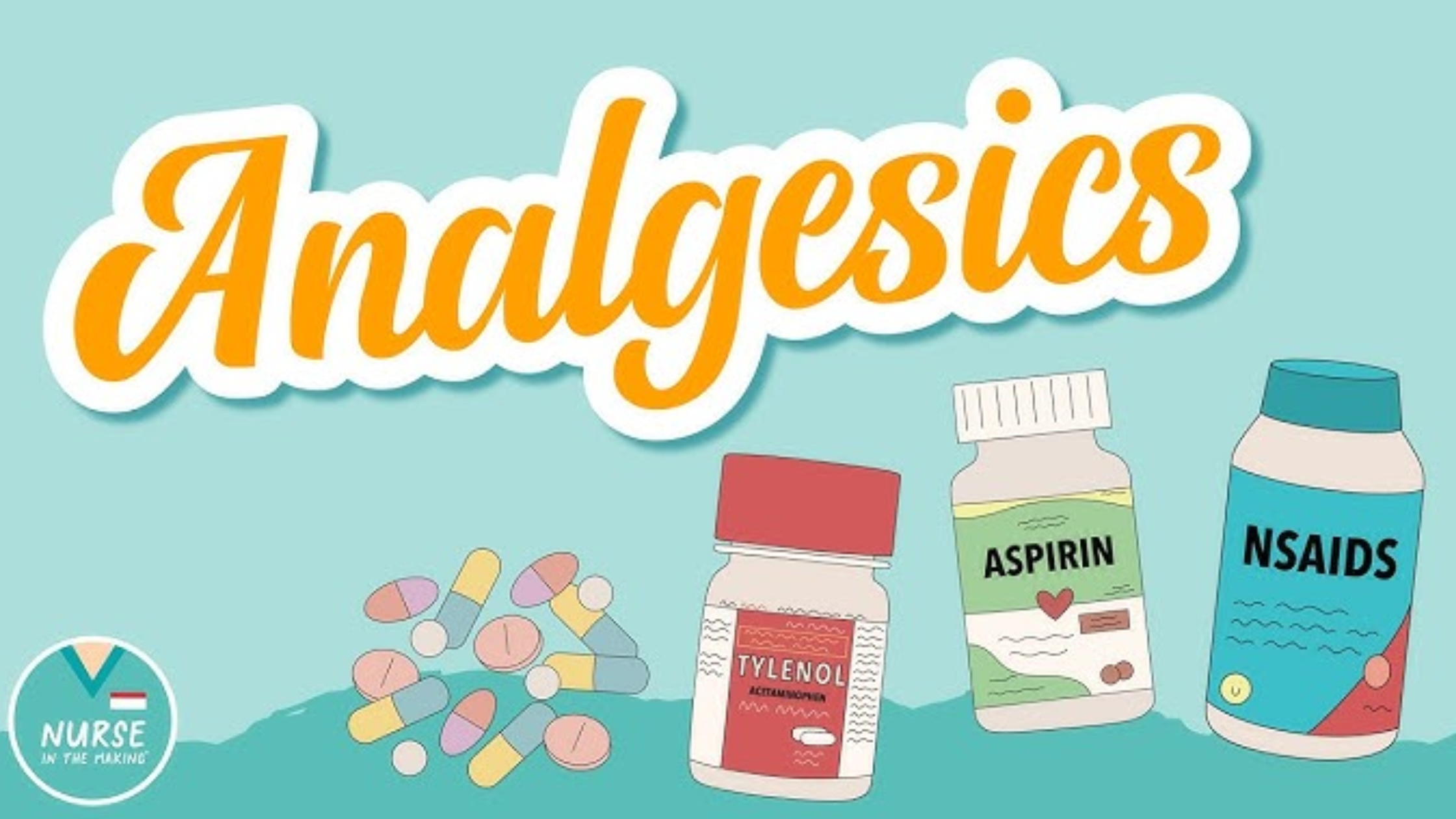Last updated on August 14th, 2024 at 01:58 pm
Women and chest Pain, where is the link? Chest pain can be a scary symptom, especially for women even when it doesn’t have to be. Its presentation and potential causes can differ between men and women. Women may experience chest pain due to various conditions, including muscle strain, minor or major cardiac issues, gastrointestinal problems, musculoskeletal conditions, or anxiety-related disorders. In this piece of content, I will explore the medications commonly used to manage chest pain in women, the different conditions that may cause chest pain in women, and the importance of tailored approaches in addressing this symptom.

Common Causes of Chest Pain in Women
- Cardiac Causes: Women may experience chest pain due to conditions like angina pectoris, myocardial infarction (heart attack), or coronary artery disease. Angina is a common cause, characterized by reduced blood flow to the heart.
- Gastrointestinal Causes: Gastroesophageal reflux disease (GERD), esophagitis, or peptic ulcers can cause chest pain in women. GERD, in particular, often presents with a burning sensation in the chest.
- Musculoskeletal Causes: Chest pain can result from musculoskeletal issues like muscle strain, costochondritis (inflammation of rib cartilage), or fractures.
- Respiratory Causes: Respiratory conditions like pneumonia, pleurisy, or pulmonary embolism can cause chest pain in women.
- Psychological Causes: Anxiety and panic attacks can manifest as chest pain due to increased stress levels.
Medications for Chest Pain Relief for Women
- Antacids: For chest pain related to gastrointestinal issues like GERD, antacids can provide relief by neutralizing stomach acid.
- H2 Blockers (H2 Antagonists): H2 blockers, such as ranitidine or famotidine, can reduce stomach acid and alleviate chest pain caused by acid reflux.
- Proton Pump Inhibitors (PPIs): PPIs like omeprazole or esomeprazole are potent acid reducers used to manage chest pain resulting from excessive stomach acid.
- Muscle Relaxants: If chest pain is due to muscle strain, muscle relaxants like cyclobenzaprine can help alleviate the discomfort.
- Pain Relievers: Over-the-counter chest pain medication like ibuprofen or acetaminophen may provide relief from chest pain caused by muscle strain or inflammation.
- Anti-Anxiety Medications: For chest pain associated with anxiety, medications like benzodiazepines may be prescribed to manage anxiety and reduce chest pain.
Women and Chest Pain- Tailored Approaches
- Hormonal Considerations: Hormonal changes, especially during menopause, can influence chest pain patterns. Tailored approaches considering hormonal factors are essential for effective management.
- Individualized Treatment Plans: Women often have different risk profiles and responses to medications. Thus, personalized treatment plans, considering factors like age, medical history, and other existing conditions, are crucial.
- Regular Health Check-ups: Women are encouraged to undergo regular health check-ups and screenings to monitor cardiovascular health and detect potential risk factors for chest pain.
Lifestyle Modifications for Chest Pain Relief
- Dietary Changes: Adopting a low-fat, low-sodium diet rich in fruits, vegetables, and whole grains can promote heart health and reduce the risk of chest pain.
- Regular Exercise: Engaging in regular physical activity, as recommended by healthcare professionals, can help maintain cardiovascular health and reduce the likelihood of chest pain.
- Stress Management: Incorporating stress-reduction techniques such as yoga, meditation, or mindfulness can help manage anxiety-induced chest pain.
Chest pain in women can have various causes, necessitating a comprehensive approach to medication and treatment. Understanding the specific causes, tailoring treatment plans, and promoting lifestyle modifications are vital for effectively managing chest pain in women. It’s essential for women to consult healthcare professionals for personalized advice, treatment, and medication recommendations, ensuring the best possible outcomes and overall well-being.
Frequently Asked Questions
What causes chest pain in a woman?
Apart from general cross-gender causes of chest pain, There are unique causes of chest pain in women. Unique causes of chest pain in women often encompass gender-specific health issues. These may include having chest pain related to conditions like pericarditis, which is more common in women and can result from viral infections or autoimmune diseases. Hormonal changes, particularly during pregnancy or menopause, can lead to chest pain due to conditions like peripartum cardiomyopathy or stress-induced cardiomyopathy, which are more prevalent in females.
To add on, disorders like fibromyalgia, which affects women disproportionately, can contribute to chest pain, often as a result of musculoskeletal and neuropathic pain. It’s crucial for you to be aware of these gender-specific factors and consider them in the assessment and management of your chest pain, ensuring that appropriate medical attention is sought when needed.
Can pregnancy cause chest pain?
Pregnancy can lead to chest pain, and there are various reasons for this discomfort during pregnancy. Hormonal changes and the expansion of the uterus can put pressure on the diaphragm, causing a sensation of chest tightness and shortness of breath. Heartburn and acid reflux, common during pregnancy due to relaxed lower esophageal muscles, can also result in chest pain, often described as a burning sensation. In some cases, the increased blood volume and changes in cardiac output can contribute to heart palpitations and chest discomfort. While chest pain during pregnancy is typically benign, it’s crucial for you to consult a healthcare provider if the pain is severe, persistent, or accompanied by other concerning symptoms to rule out any potentially serious conditions.
What can be mistaken for chest pain?
- Muscular Pain: Chest muscle strain or soreness from physical activity.
- Gastrointestinal Issues: Acid reflux, indigestion, or gastritis can mimic chest pain.
- Respiratory Conditions: Conditions like pneumonia or bronchitis may cause chest discomfort.
- Anxiety and Panic Attacks: These can produce symptoms that resemble cardiac chest pain.
- Rib Injuries: Fractured or bruised ribs can lead to localized chest pain.
- Lung Issues: Pulmonary conditions like pleurisy or pulmonary embolism may be mistaken for chest pain.
- Psychological Factors: Stress or psychosomatic causes can manifest as chest pain.
- Gallbladder Problems: Gallstones or gallbladder inflammation can sometimes lead to chest discomfort.
- Skin Conditions: Skin issues like shingles or dermatitis may cause chest pain.
- Breast-related Issues: Conditions like mastitis or benign breast lumps can be confused with chest pain.
What causes pain between the breasts in the center of the chest?
- Costochondritis: This is the inflammation of the cartilage that connects the ribs to the breastbone, leading to pain in the chest’s center.
- Tietze Syndrome: This is a condition similar to costochondritis but with noticeable swelling and tenderness in the chest’s center.
- Sternum Fracture: A rare injury involving a break in the breastbone, which can cause severe, localized pain.
- Breastbone or Xiphoid Process Issues: Pain in the xiphoid process, a small extension of the breastbone, can occur due to irritation or injury.
- Esophageal Disorders: Conditions like esophagitis or esophageal spasms can produce discomfort in the chest’s center, often related to swallowing.
- Reflux and Heartburn: Gastroesophageal reflux disease (GERD) can lead to heartburn and chest pain, often centered between the breasts.
- Angina: A warning sign of heart problems, angina can cause pain or discomfort in the chest’s center, typically with exertion or stress.
- Breast Conditions: Conditions like fibrocystic breasts or benign breast lumps may cause pain in the chest’s central region, which can be mistaken for other causes.
- Psychological Factors: Anxiety and stress can manifest with chest discomfort in the center of the chest.
When should a female worry about chest pain?
Females should be concerned about chest pain if it is sudden, severe, or accompanied by symptoms like radiating pain, shortness of breath, dizziness, nausea, or cold sweats, as these could indicate a heart-related problem. Those with risk factors for heart disease or a history of heart-related conditions should be vigilant. New, unusual, or persistent chest pain lasting more than 15-20 minutes also warrants attention. Additionally, if the pain occurs during physical activity or stress and eases with rest, it may be indicative of angina. When in doubt or if personal concern arises, seeking medical advice is advisable, given that chest pain in women can have various causes, including serious cardiac issues.
Angina symptoms in women
Here are some common angina symptoms in women:
- Chest Pain or Discomfort: Women with angina often describe a pressure, tightness, squeezing, or burning sensation in the chest. The pain may be located in the center of the chest or slightly to the left and can radiate to the neck, jaw, shoulder, back, or arm.
- Shortness of Breath: Women may experience difficulty breathing or shortness of breath, which can occur with or without chest pain.
- Fatigue: Unexplained fatigue, weakness, or extreme tiredness can be an angina symptom in women.
- Indigestion or Heartburn: Some women with angina may mistake their chest discomfort for indigestion or heartburn, as the symptoms can be similar.
- Nausea or Vomiting: Angina in women can cause nausea, and in some cases, vomiting.
- Pain Between the Shoulder Blades: Women may experience pain between the shoulder blades, which is less common in men.
- Dizziness or Lightheadedness: Some women may feel lightheaded or dizzy when they have angina.
- Pain in the Upper Abdomen: Angina can sometimes be felt as pain in the upper abdomen, which might be mistaken for stomach pain.
- Sweating: Profuse sweating, often described as cold sweats, can accompany angina in women.





I¦ve been exploring for a bit for any high quality articles or blog posts in this sort of house . Exploring in Yahoo I at last stumbled upon this site. Studying this information So i¦m satisfied to convey that I have an incredibly excellent uncanny feeling I came upon exactly what I needed. I so much unquestionably will make certain to do not fail to remember this site and provides it a glance on a relentless basis.